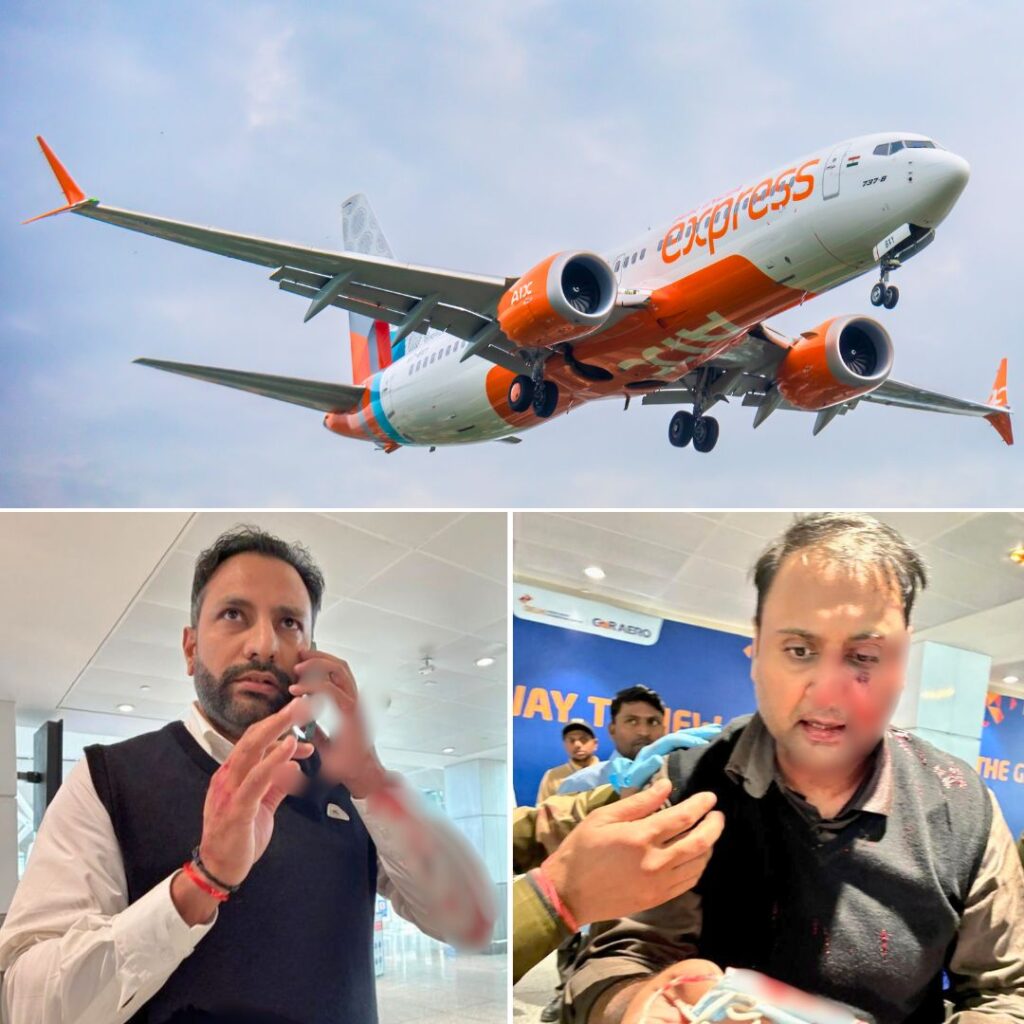In the backdrop of increasing animosity in South India against what is perceived as “Hindi imposition” by the centre, Union Minister Venkaiah Naidu added fuel to the flames by branding Hindi as the national language, ignoring what the Constitution says and what Indian democracy stands for in the process.
Naidu, who is the Minister of Information and Broadcasting, spread the misinformation that Hindi is India’s national language and opined that learning English was changing the “mindset” of Indians.
Hindi rashtrabhasha hai. Hindi ke bina Bharat mein aage badhna sambhav nahi hai: Union Minister Venkaiah Naidu pic.twitter.com/z9vOzY6jvw
— ANI (@ANI_news) June 24, 2017
Angrezi seekhte seekhte hum angrezi mind mein bhi aa gaye hain. Ye desh ke hit mein nahi hai: Venkaiah Naidu pic.twitter.com/Zx747kKuvx
— ANI (@ANI_news) June 24, 2017
One of the most believed lies of our time
India has no national language. Contrary to what Naidu and many others like him would want you to believe, Hindi is NOT the “rashtrabhasha” of India and India has NO “rashtrabhasha”. The courts have seconded this and any person who has even glanced at the Constitution would be aware of this.
It is important to note that this is not a difficult thing to grasp – least of all for Naidu, who holds a bachelor’s degree in law. It is one of the most trivial things about India but over the years this mundane fact has been corrupted by lies and propaganda – so much so that millions of Indians today profess that Hindi is the national language.
It is one of the most believed lies of our time.
The language issue has been a controversy in states in the South and North-east for decades. qph What do the Constitution and the courts say?
The Constitution (in Article 343) clearly describes Hindi and English as the official languages of the country.
(An official language and a national language are not the same. An official language is one that is used by a government to conduct its daily business; a national language is one that holds a special status in a country and is subject to special treatment over other languages to propagate it over other languages.)
Furthermore, as the Gujarat High Court observed in 2010, millions of Indians believing Hindi to be the national language does not change the fact that it is not the national language.
Hindi does hold a special place in the Constitution despite not being the national language. According to Article 351, “It shall be the duty of the Union to promote the spread of the Hindi language, to develop it so that it may serve as a medium of expression for all the elements of the composite culture of India and to secure its enrichment by assimilating without interfering with its genius, the forms, style and expressions used in Hindustani and in the other languages of India specified in the Eighth Schedule.”
However, the government is also tasked with ensuring the development of 22 other languages. This is defined in the Eighth Schedule to the Indian Constitution, which contains a list of 22 scheduled languages. The government is charged with the responsibility of propagating these languages so that “they grow rapidly in richness and become effective means of communicating modern knowledge”.
To understand why India has no national language, it is important to go back to the years after independence when our leaders deliberated at length to ensure that our Constitution would be one that would work for all Indians.
What the Constituent Assembly decided on
During the Constituent Assembly debates, our Founding Fathers debated at length about what kind of country India should be. They debated on secularism, federalism, democracy, minority rights, etc.
However, the most controversial and extensively debated issue was that of language – should India have a national language and, if so, which language would that be?
This question divided the Constituent Assembly. An Assembly that peaceful debated on matters of religion and caste would descend into chaos when the issue of language was brought up. In fact, on 10 December 1946 – on of the earliest days of debate – freedom fighter and future MP RV Dhulekar began speaking in Hindustani (a mixture of Hindi and Urdu, and largely synonymous with Hindi). The Chairman reminded him that many members did not know the language.
This was Dhulekar’s notorious reply: “People who do not know Hindustani have no right to stay in India. People who are present in this House to fashion a Constitution for India and do not know Hindustani are not worthy to be members of this Assembly. They had better leave.”
Dhulekar’s statement caused an uproar in the Assembly. This would not be the last time that the Constituent Assembly would break rules of procedure and denigrate to bickering. The individuals who supported the concept of a national language included luminaries like Mohandas Gandhi and Jawaharlal Nehru. However, lengthy debates in…











